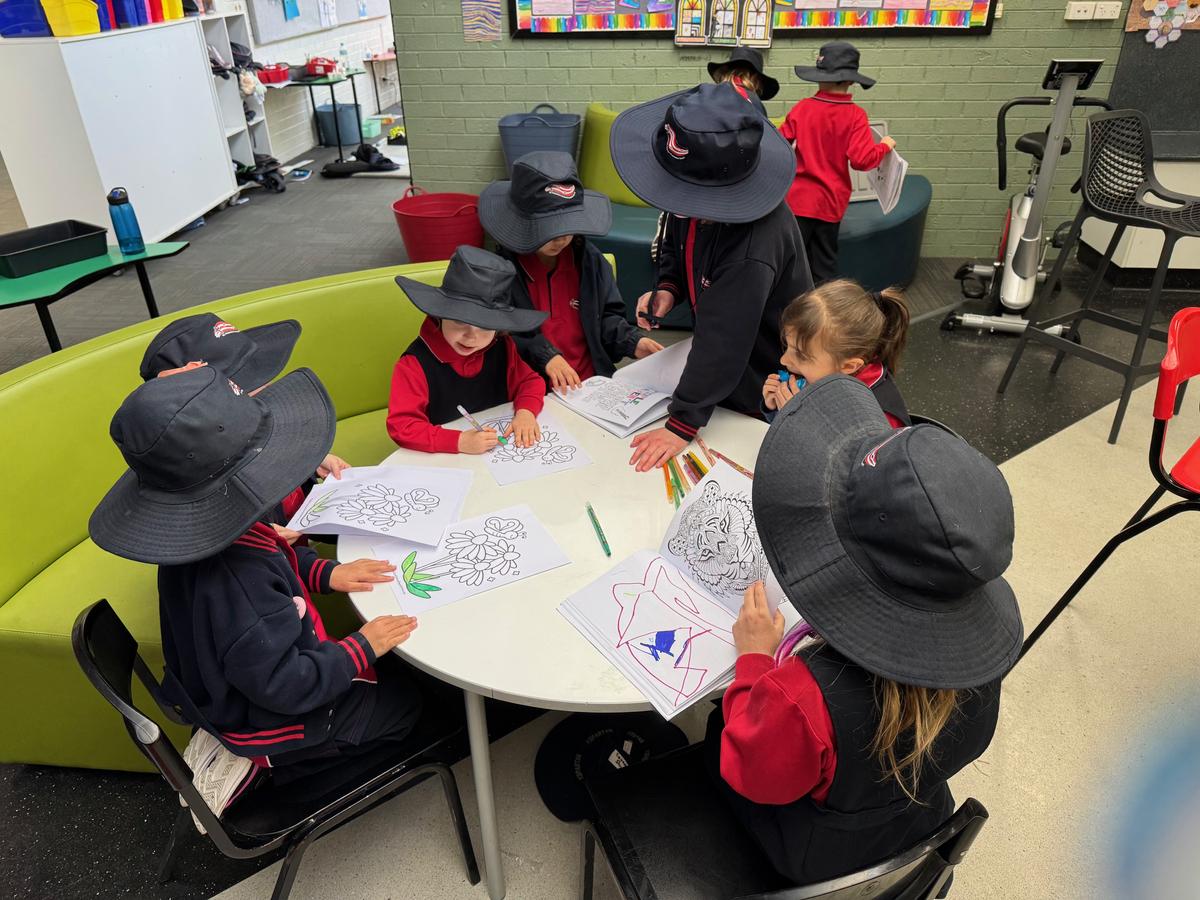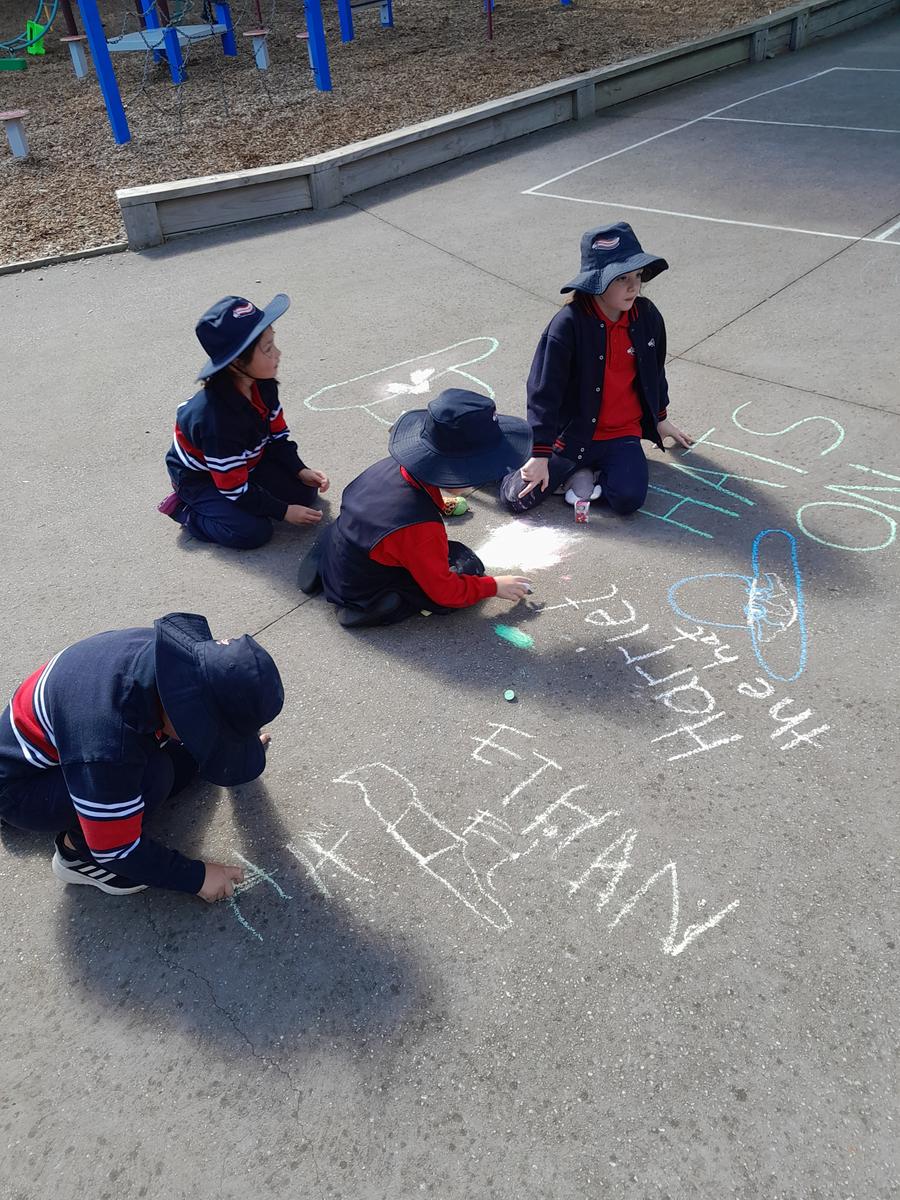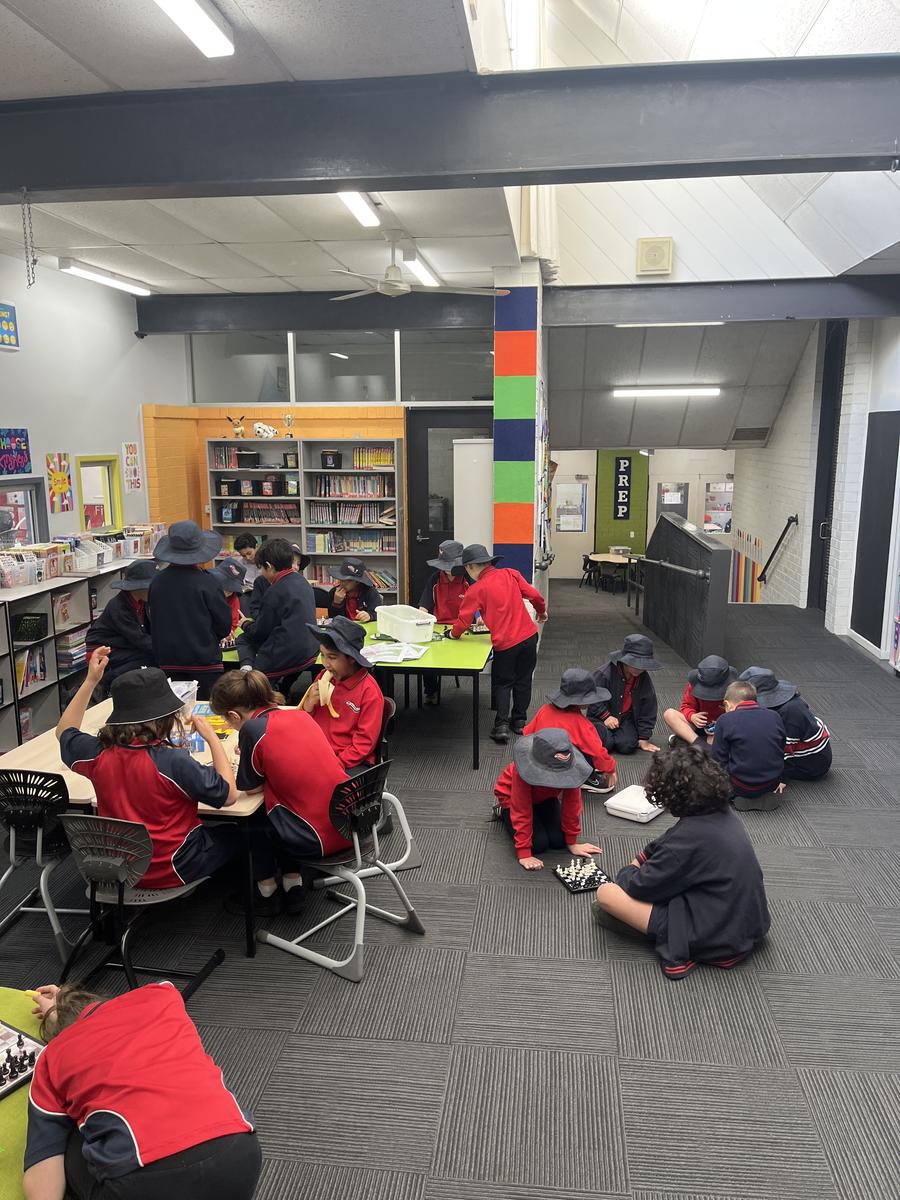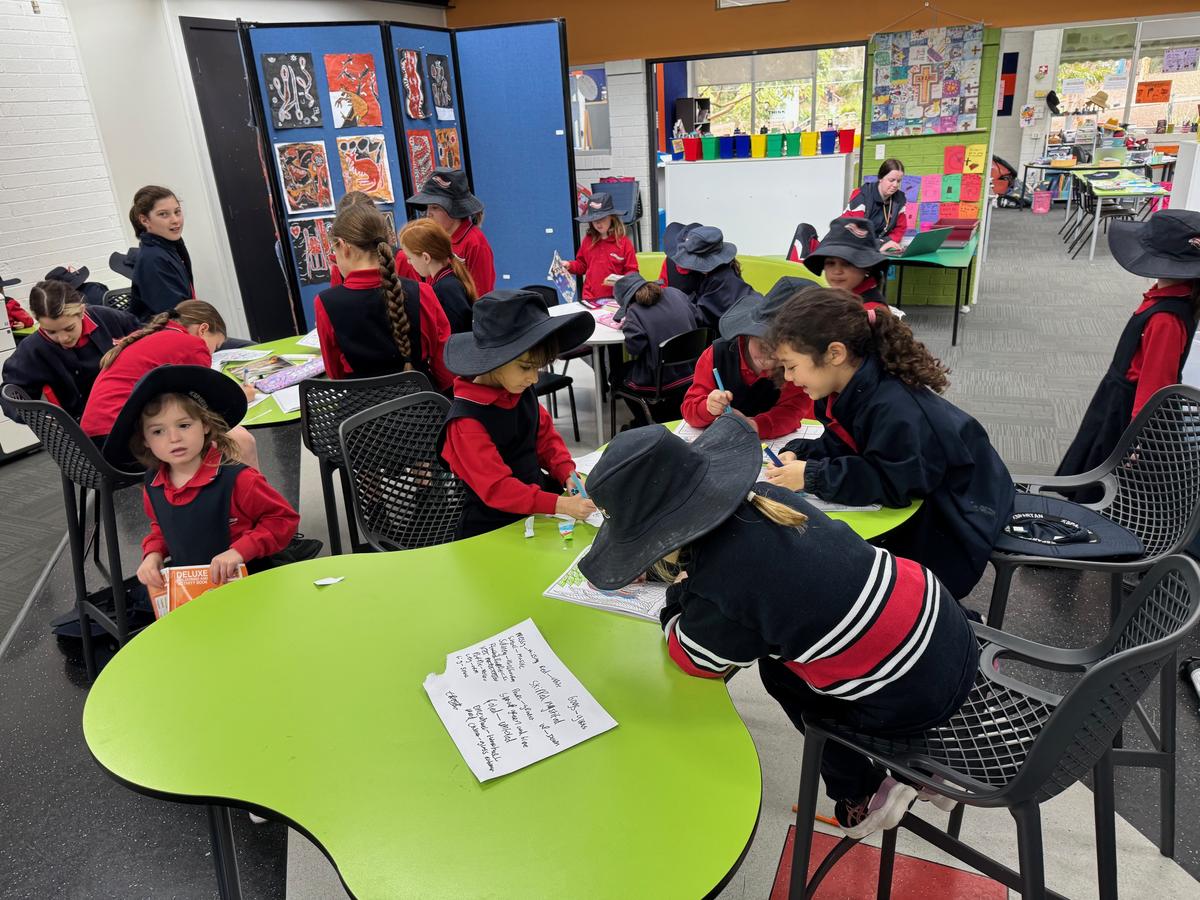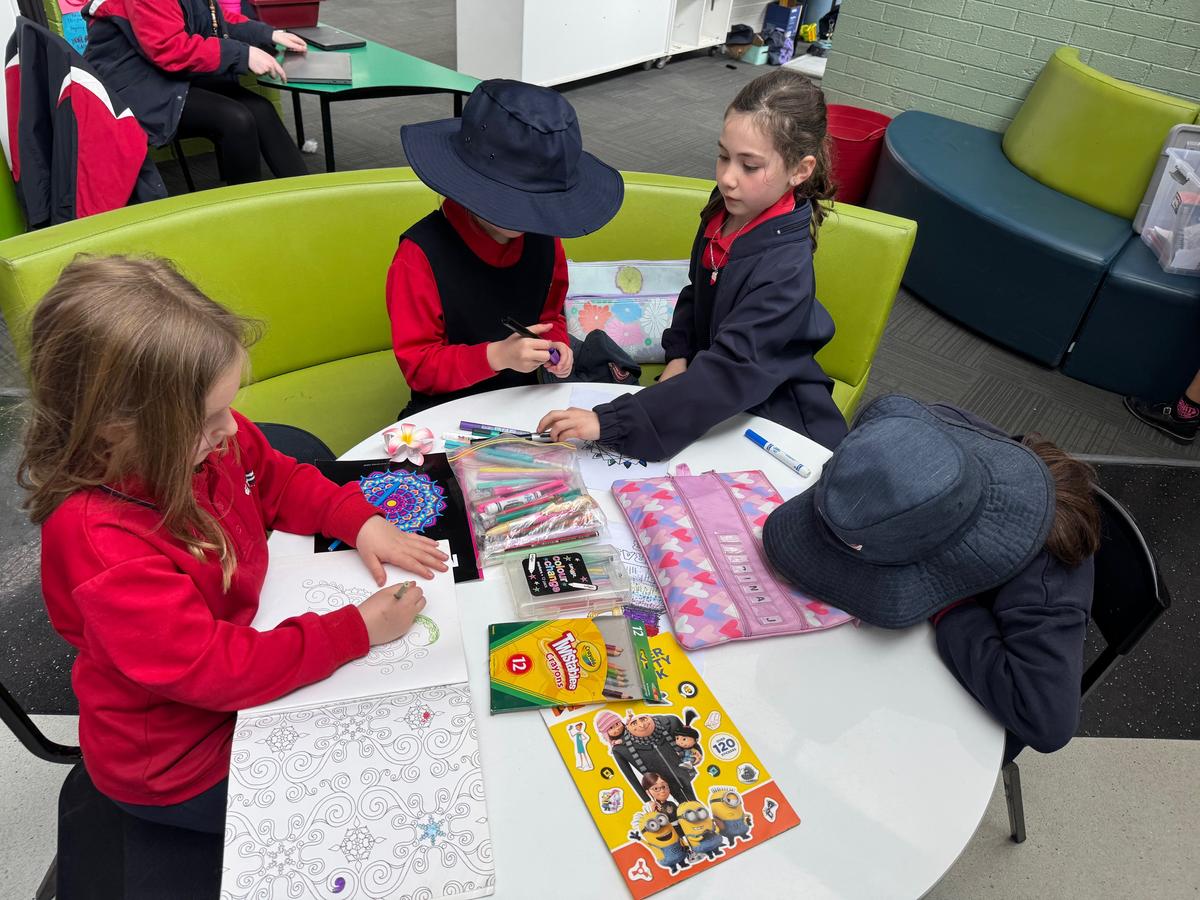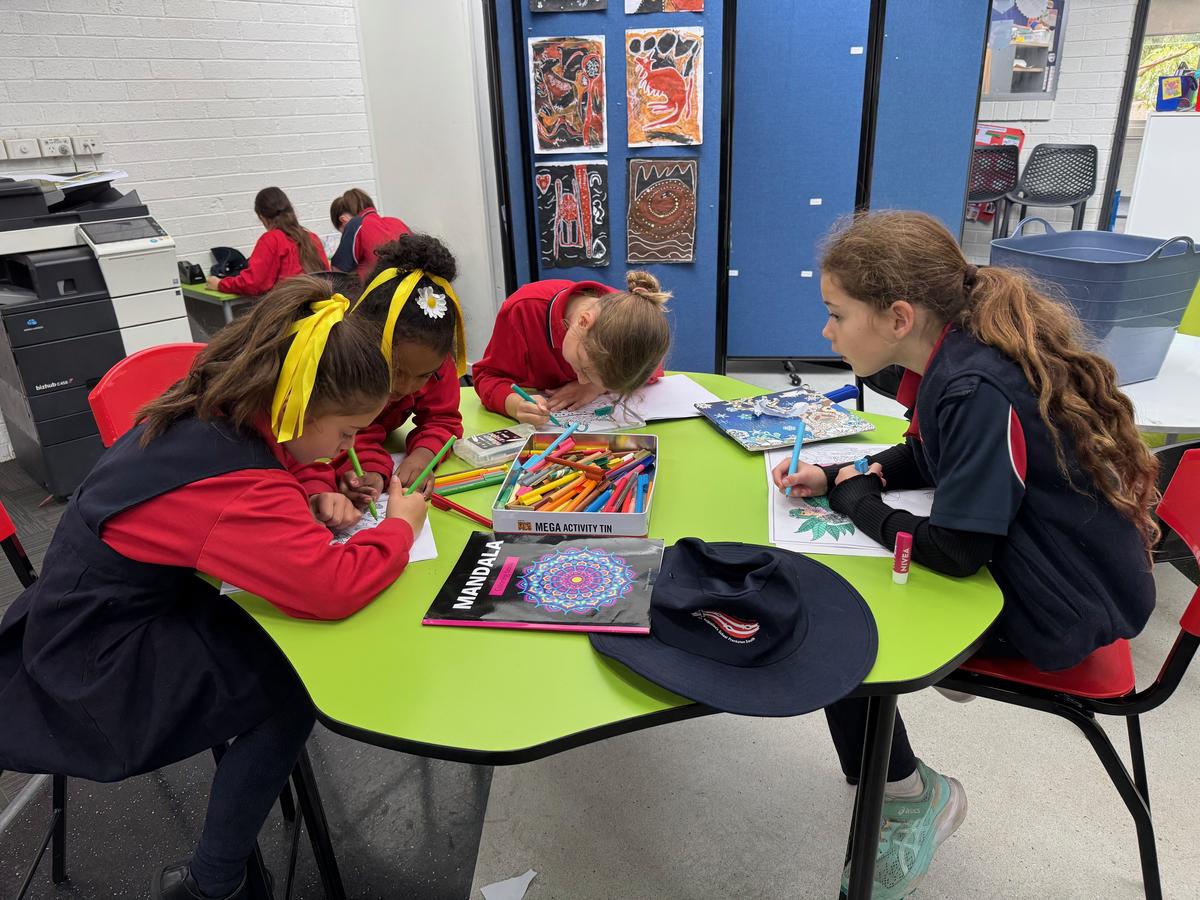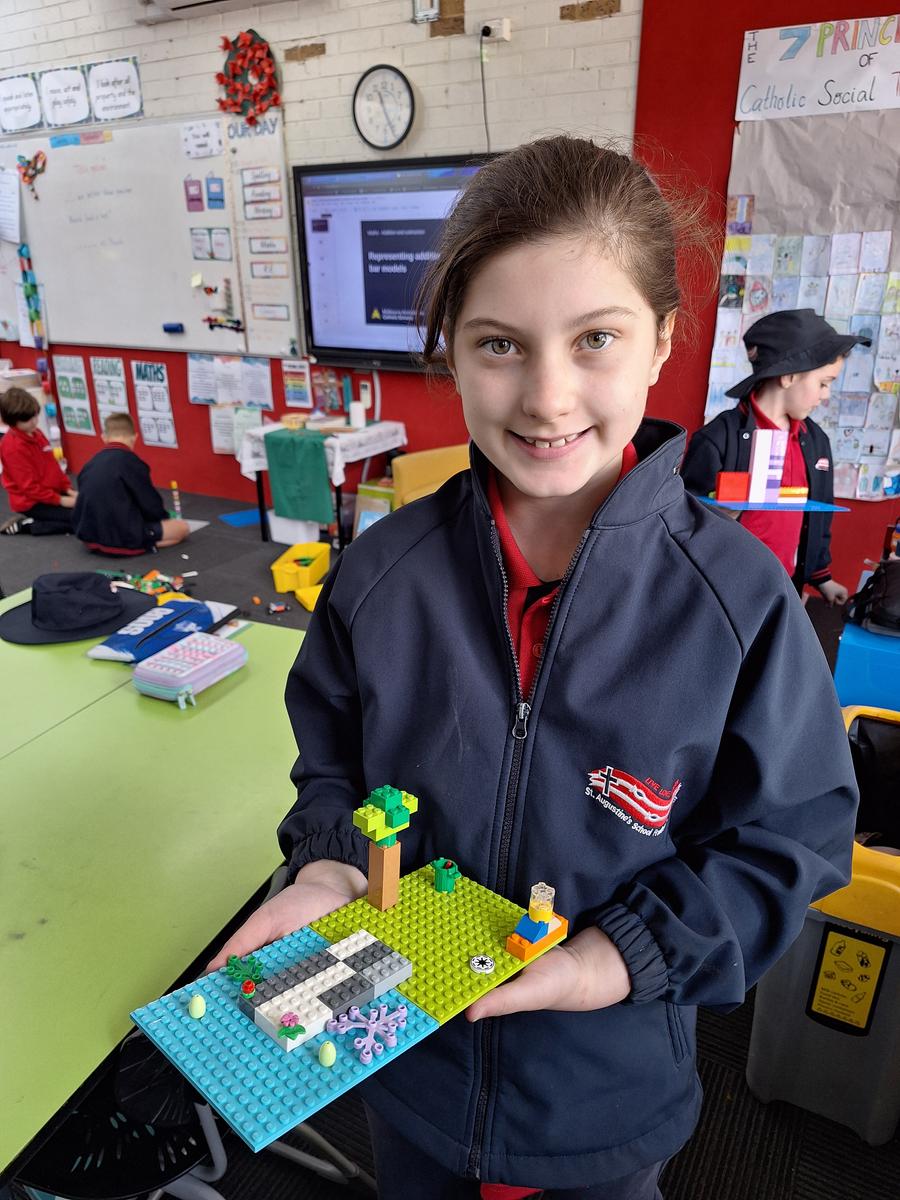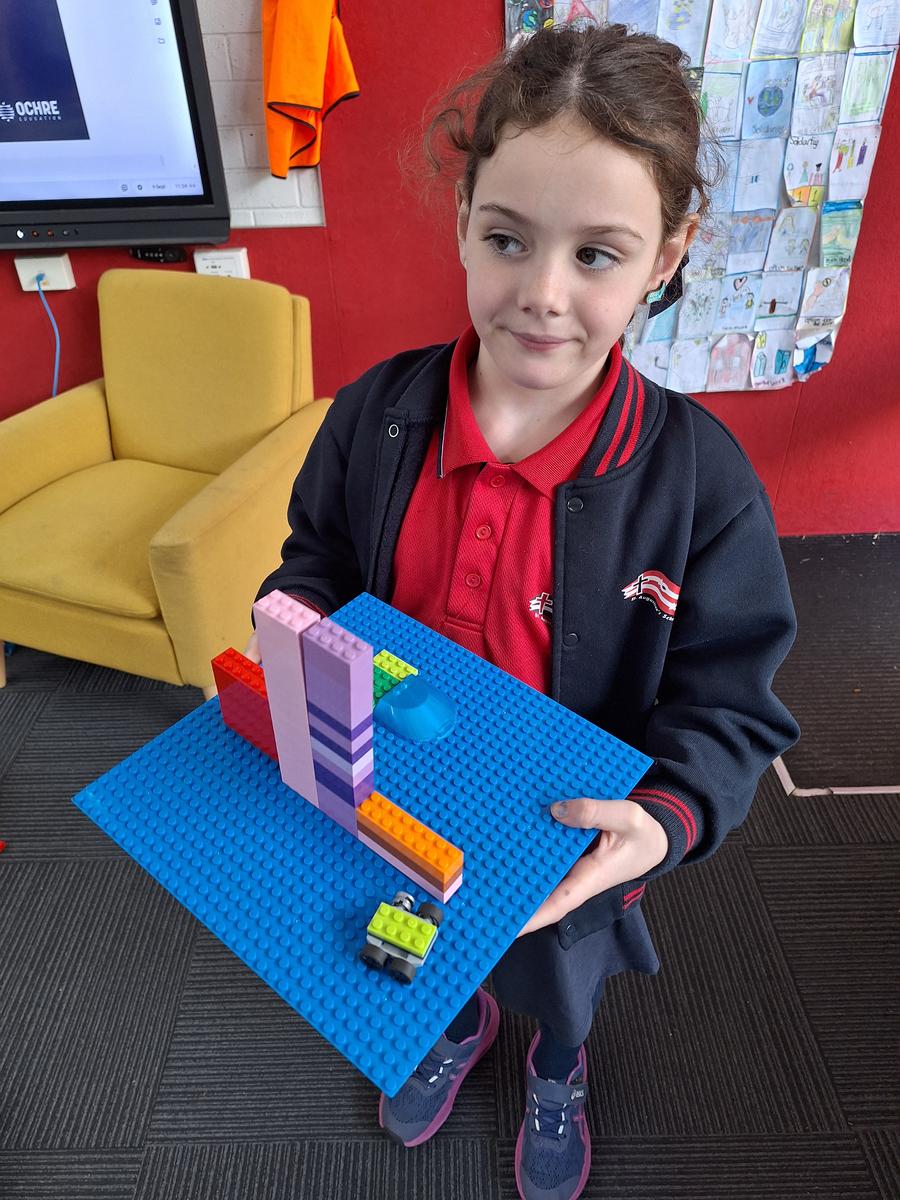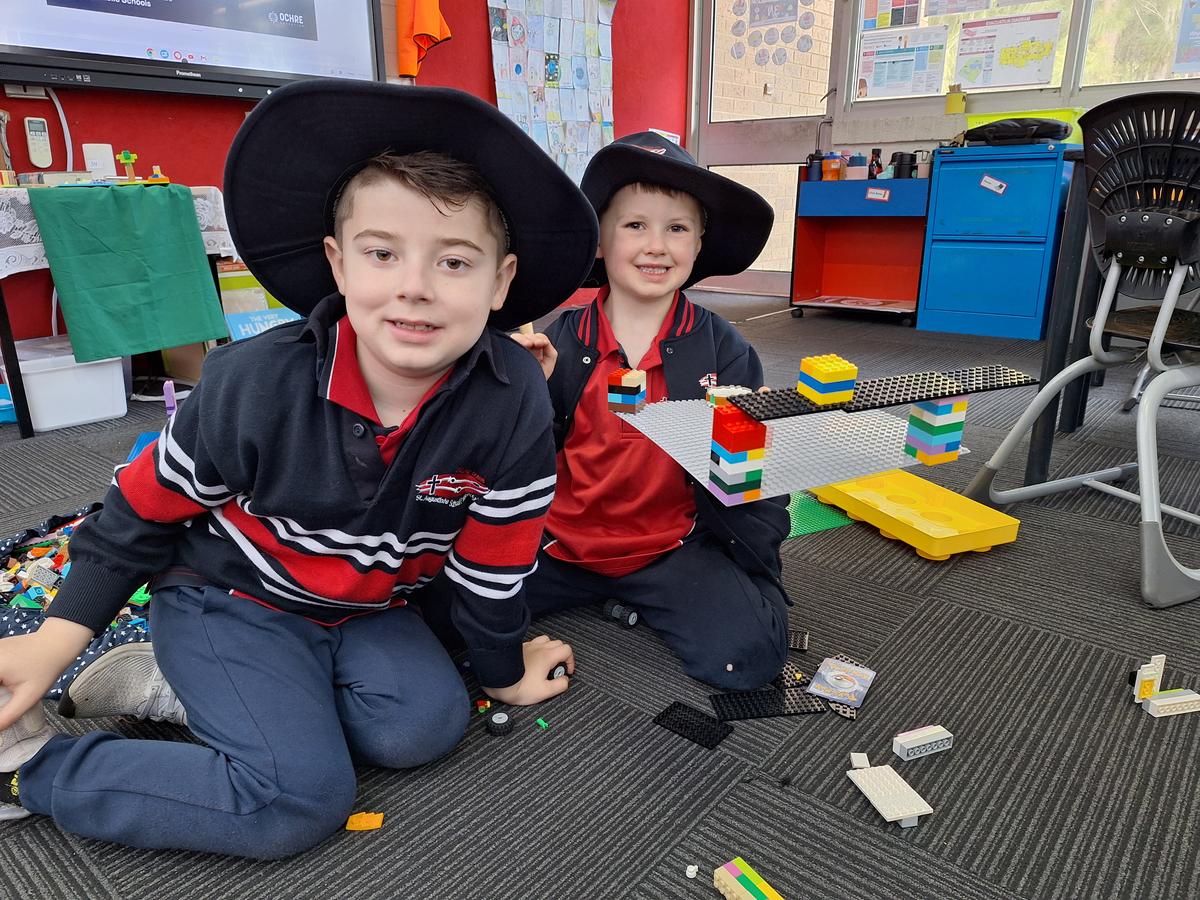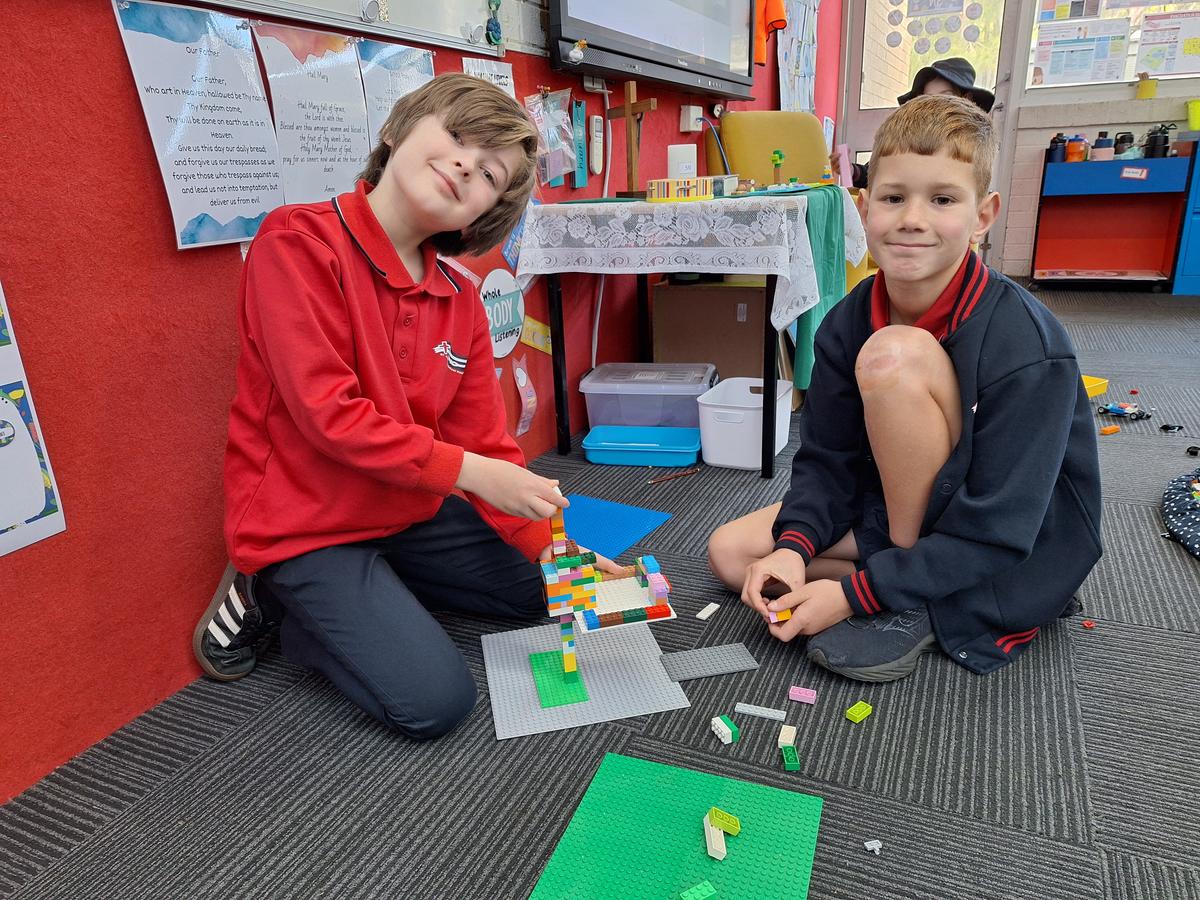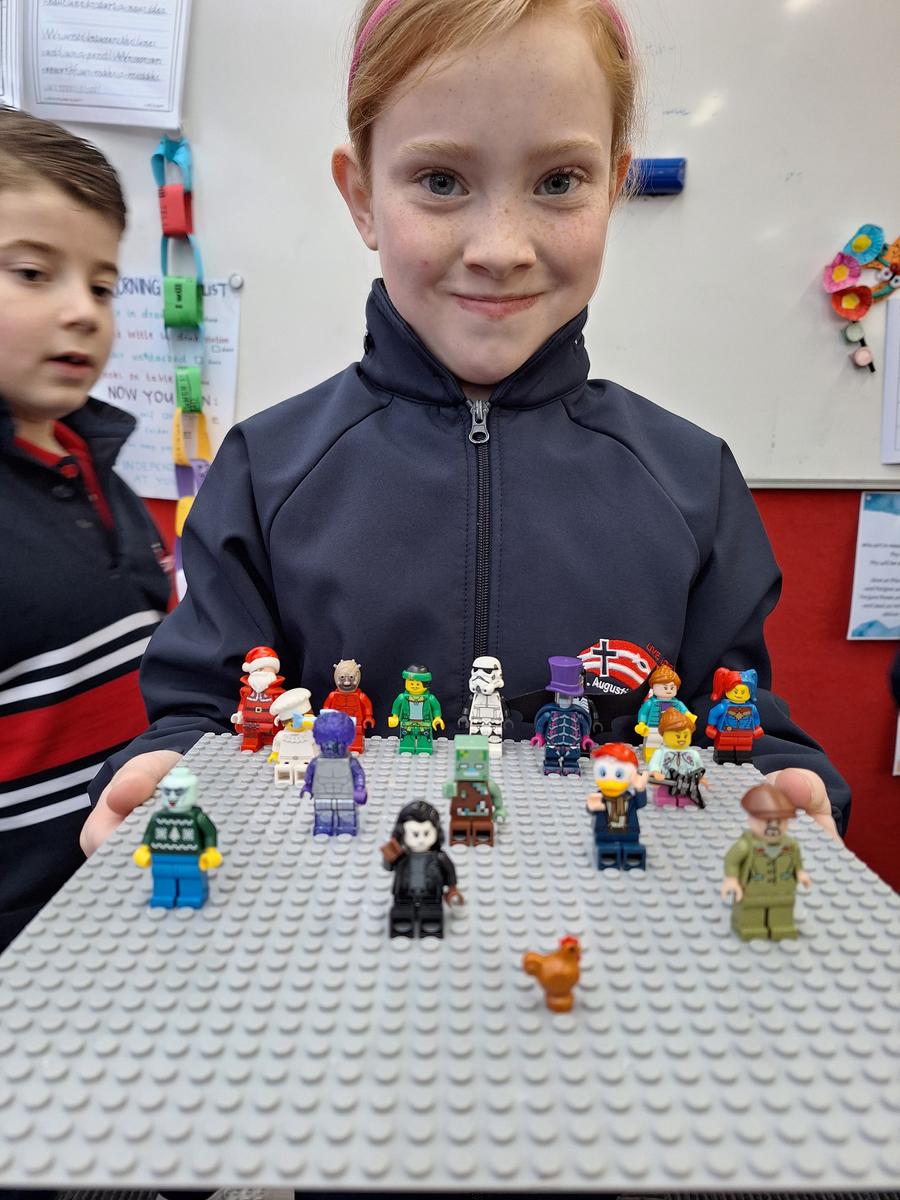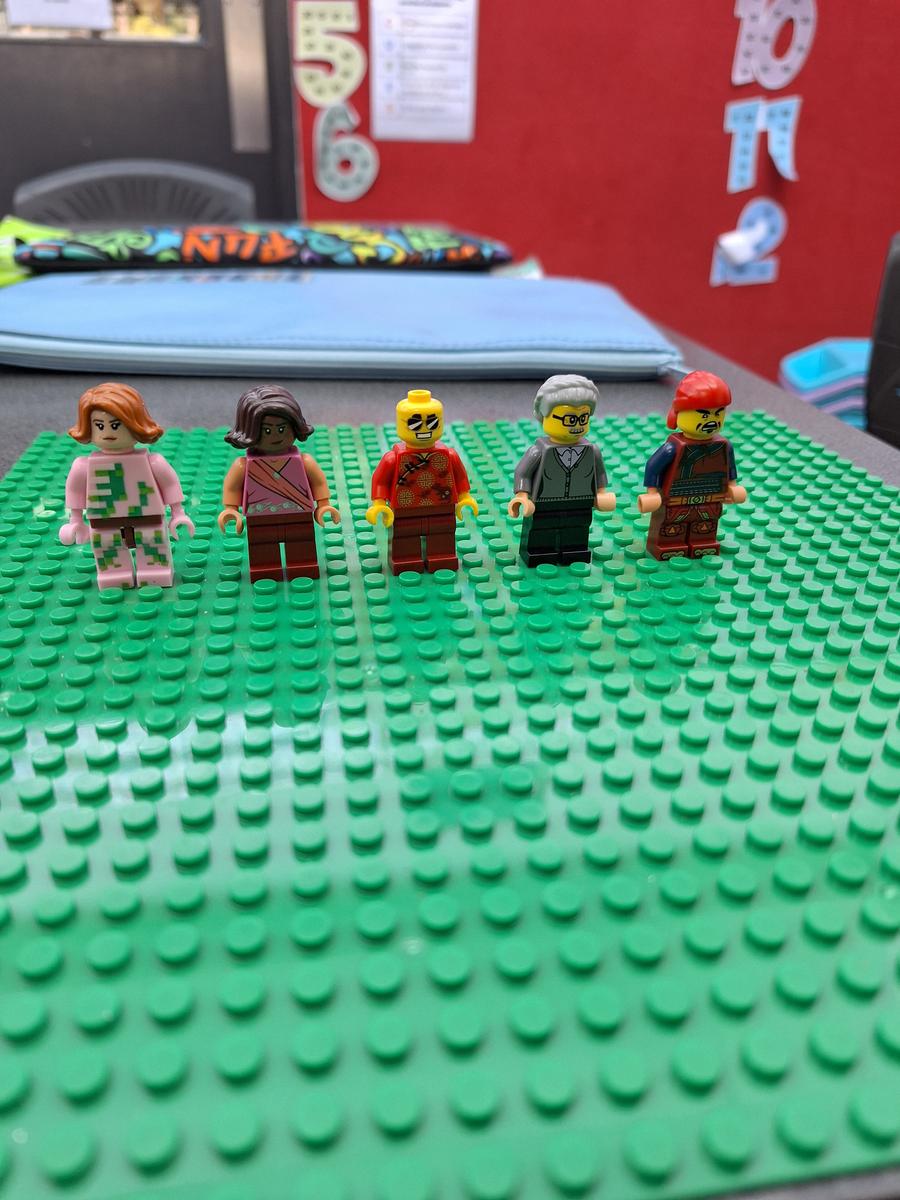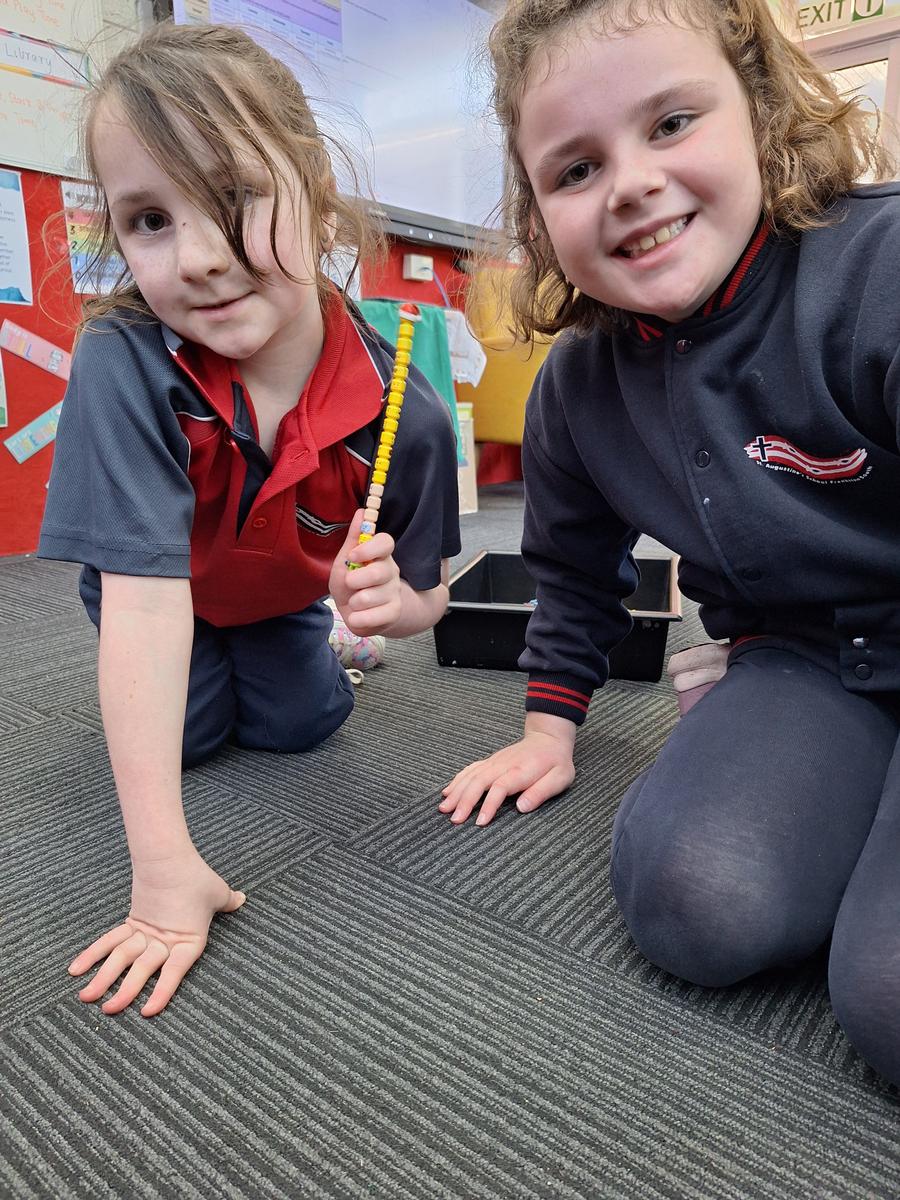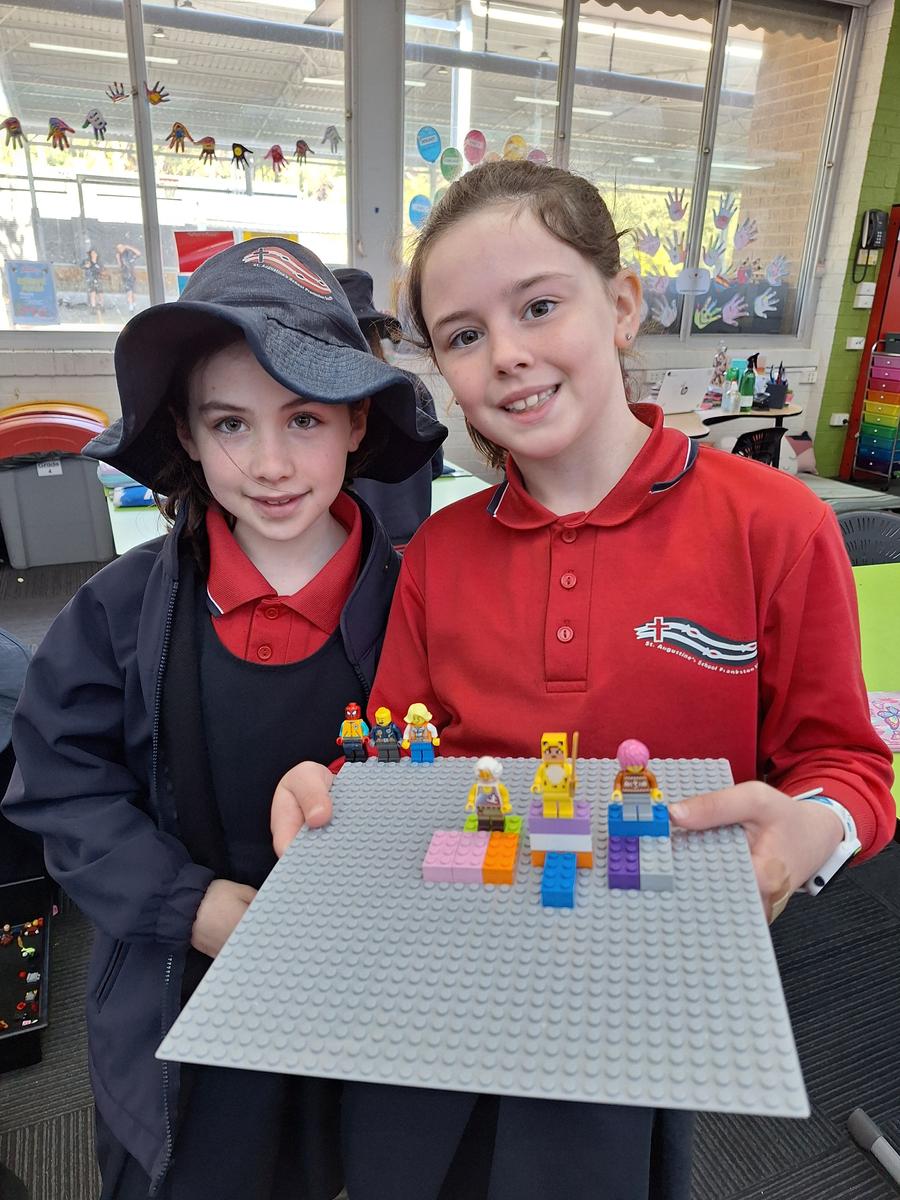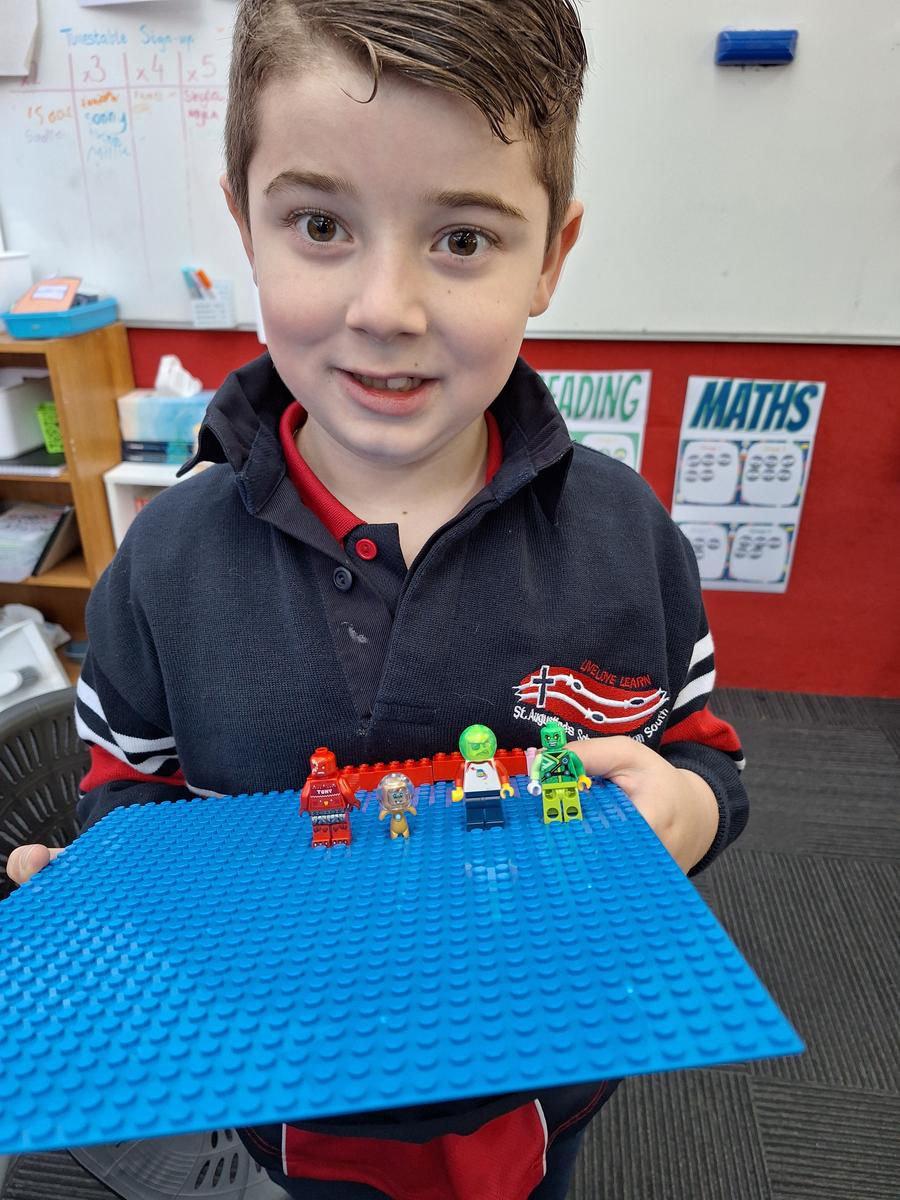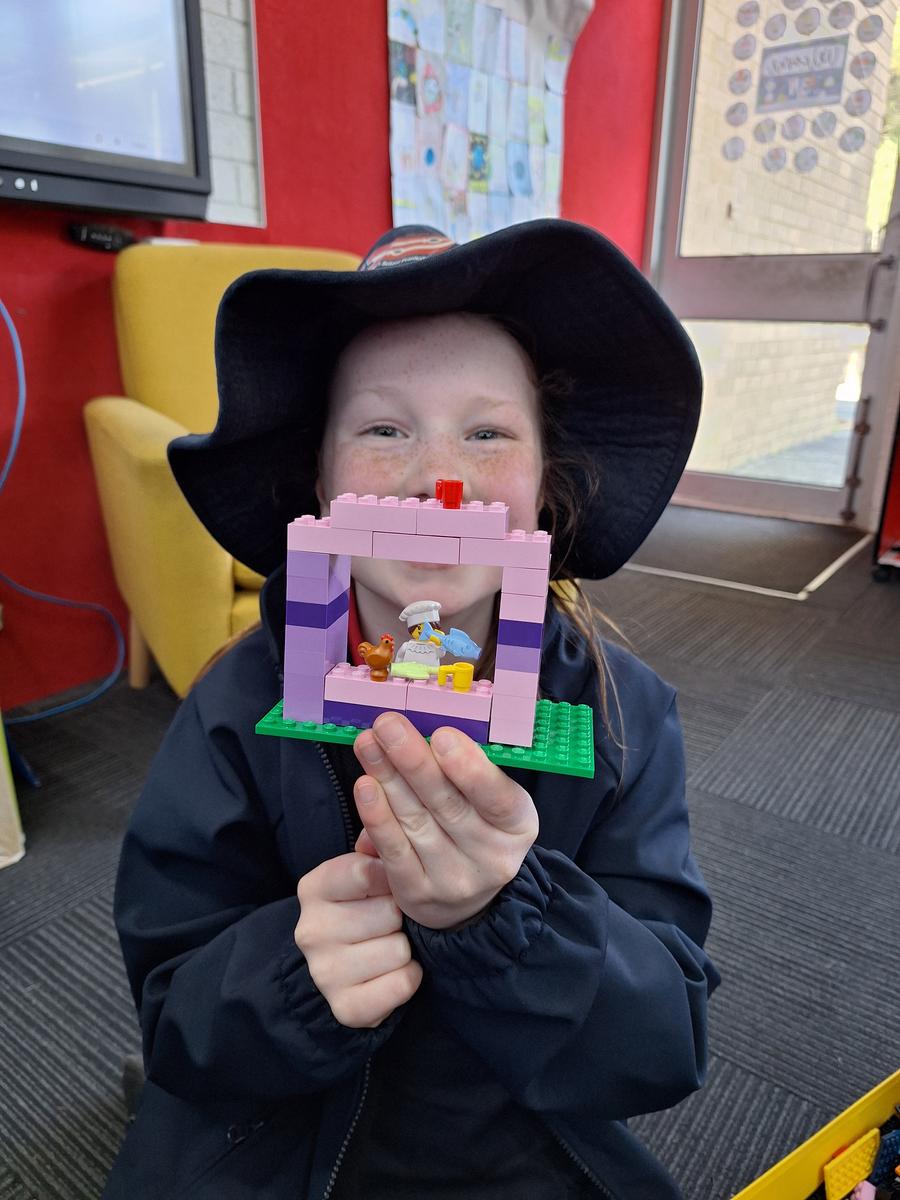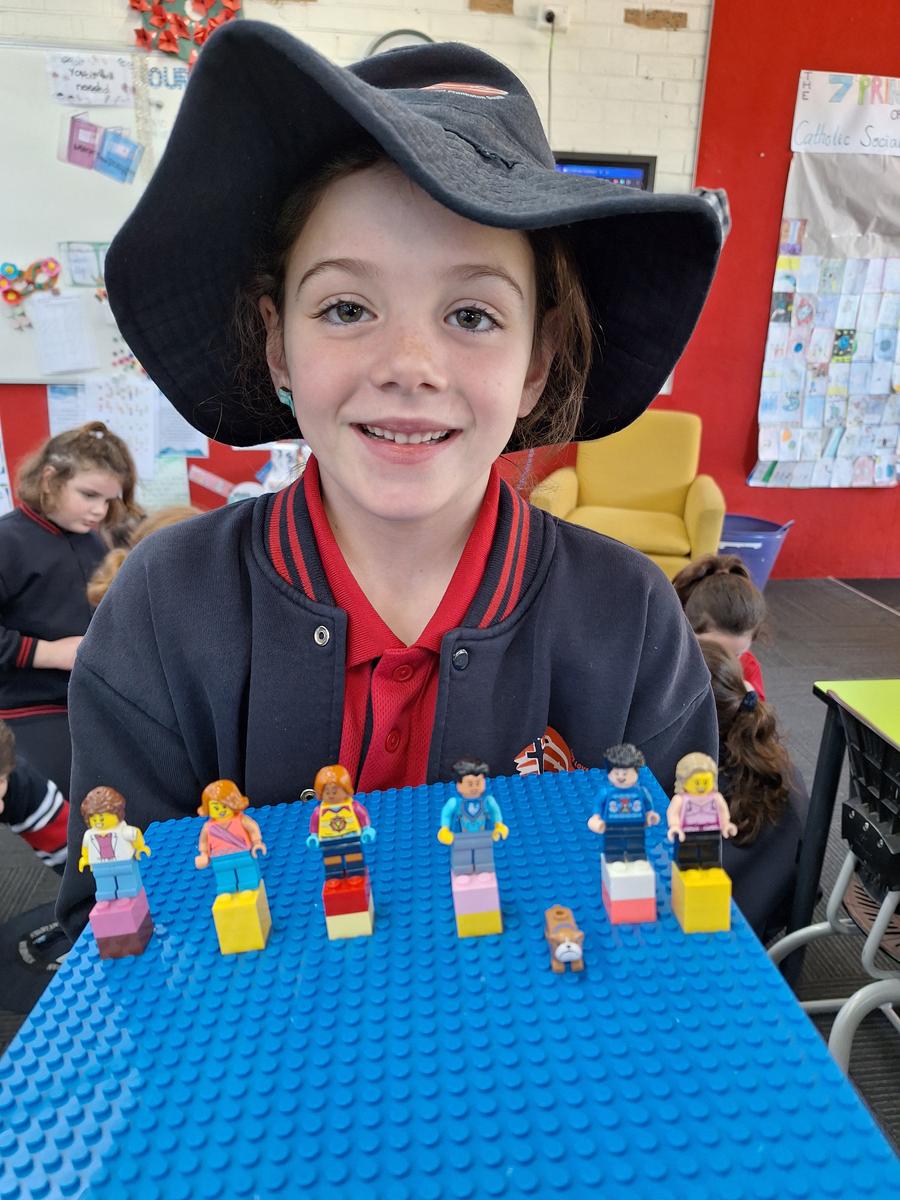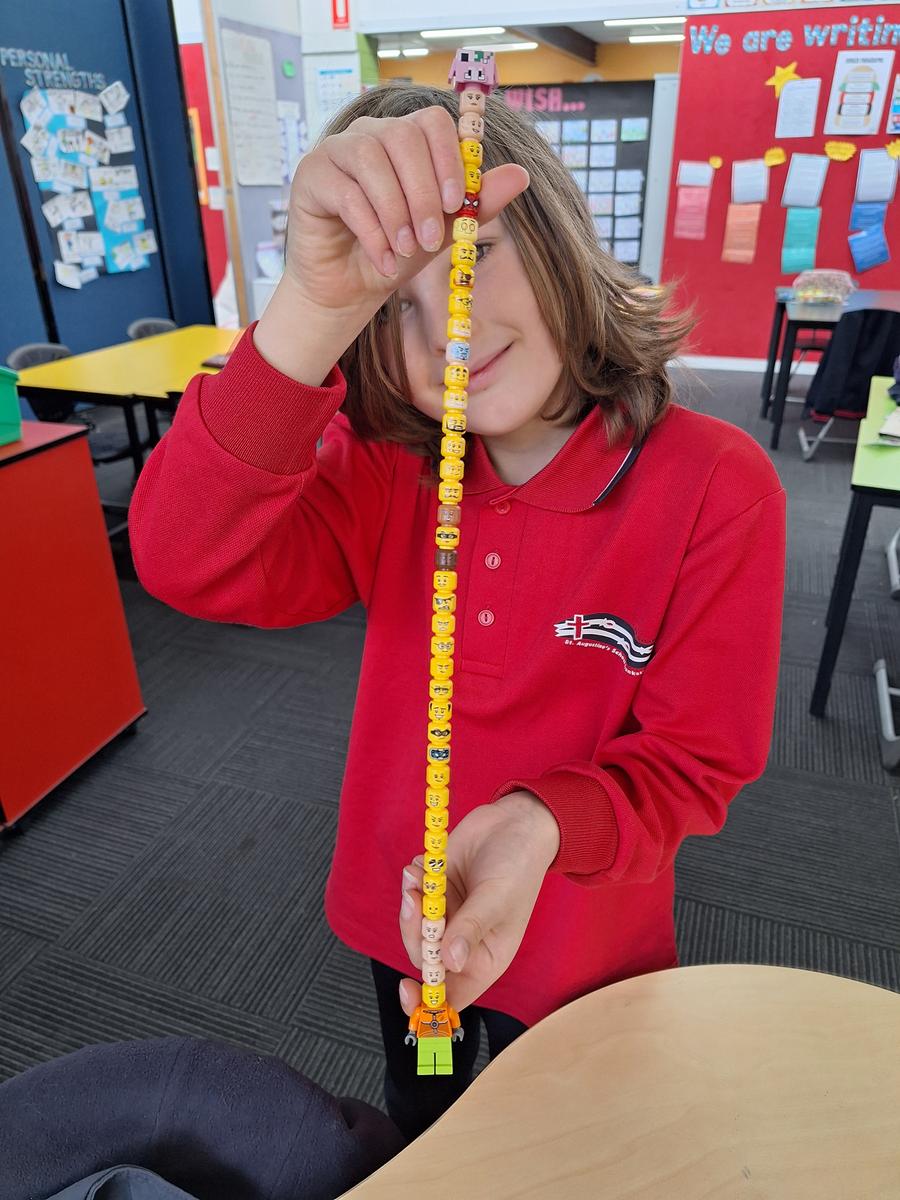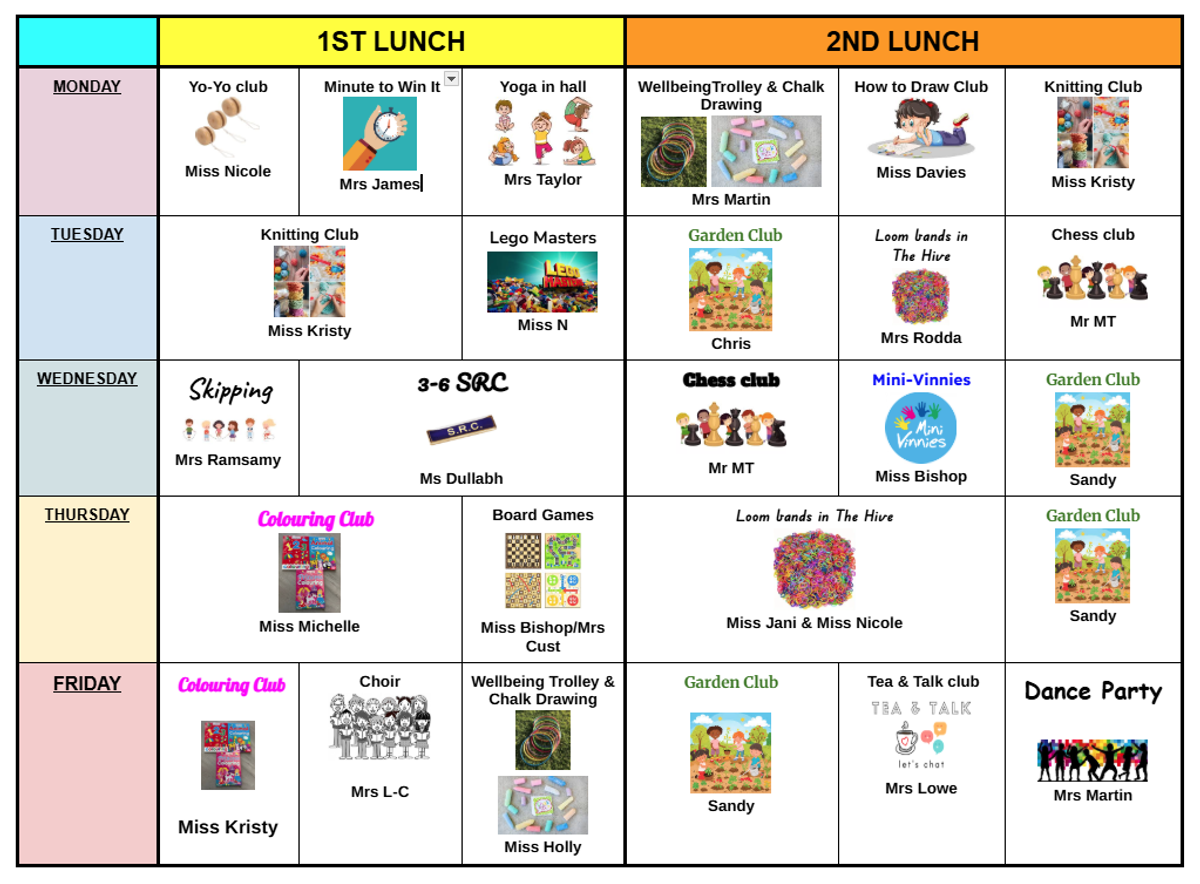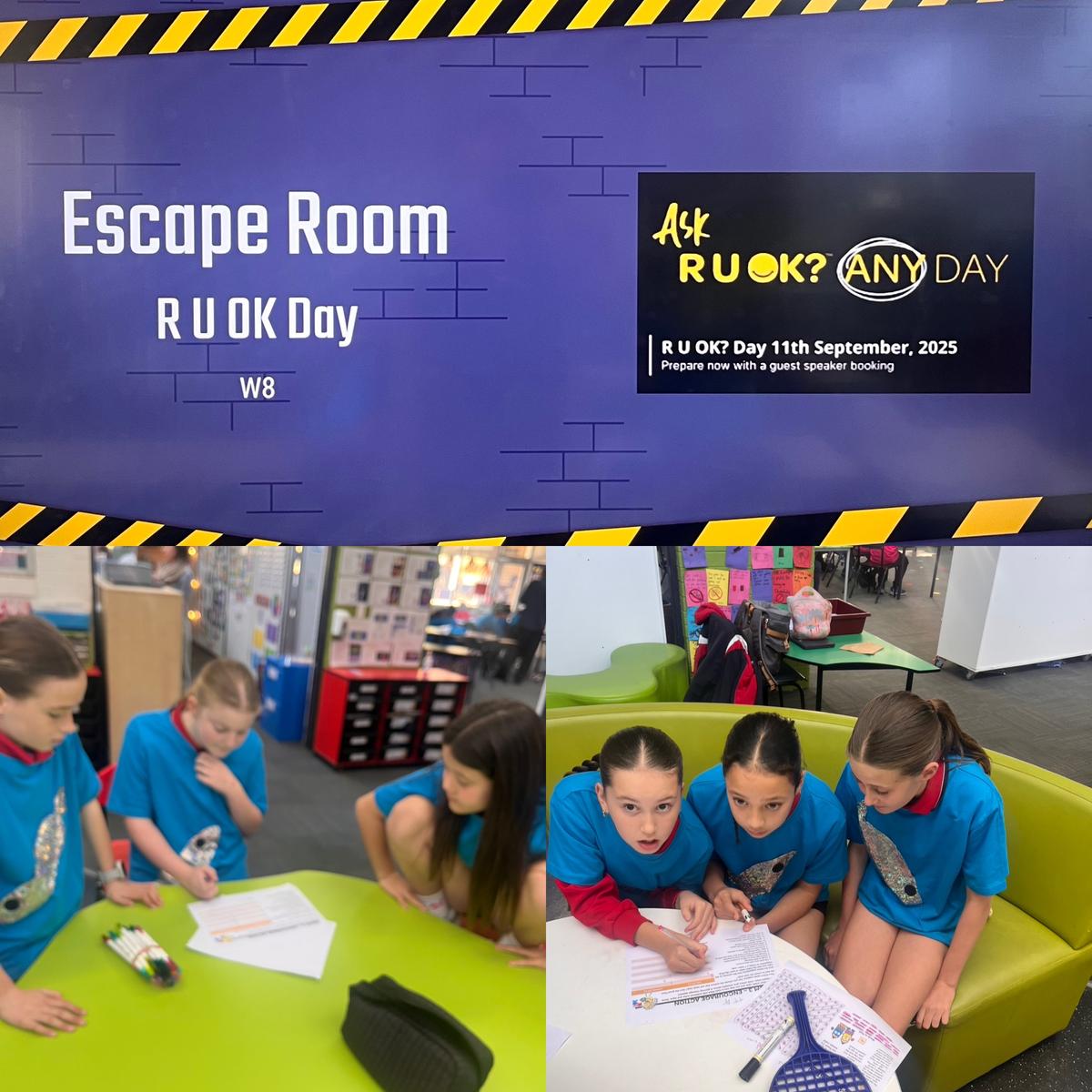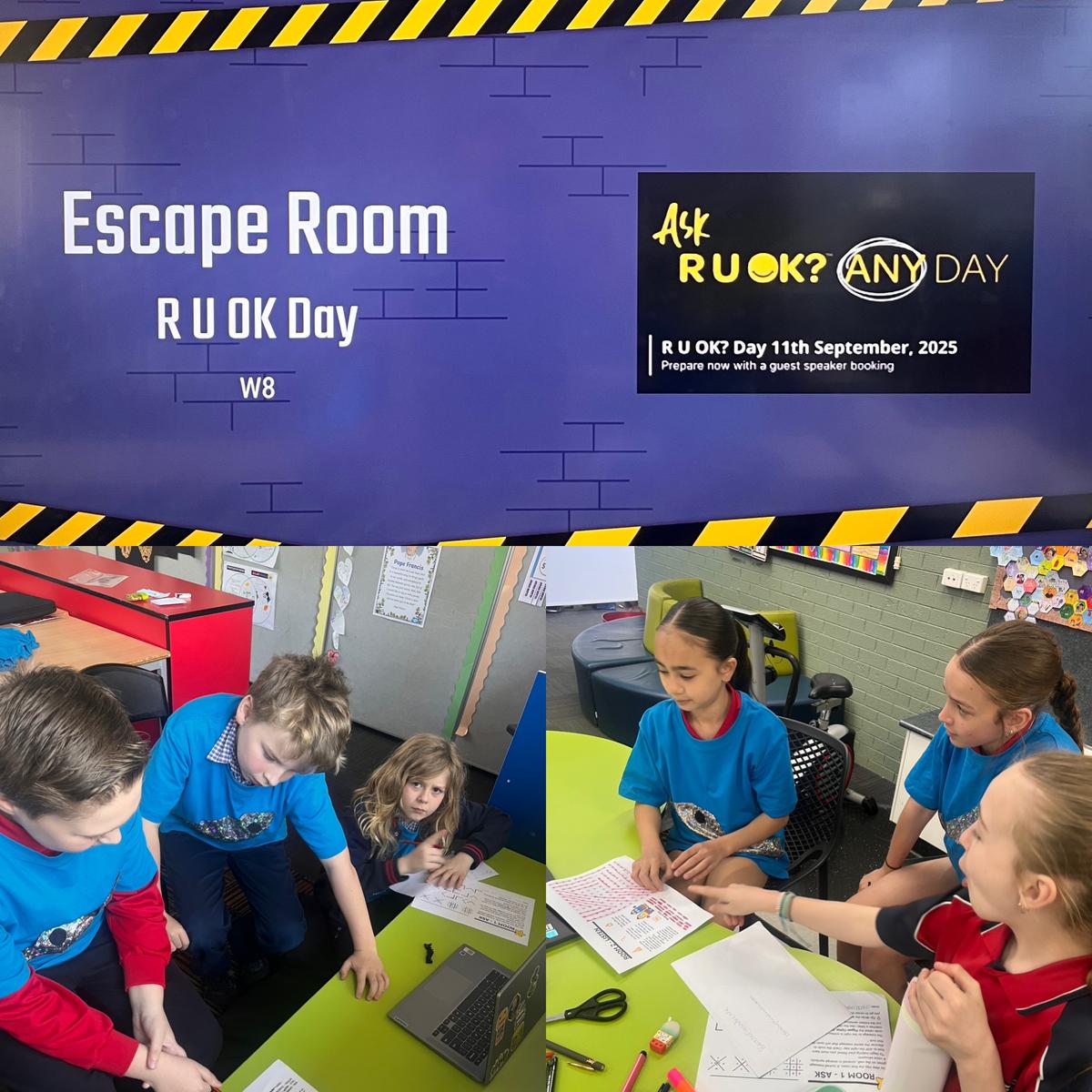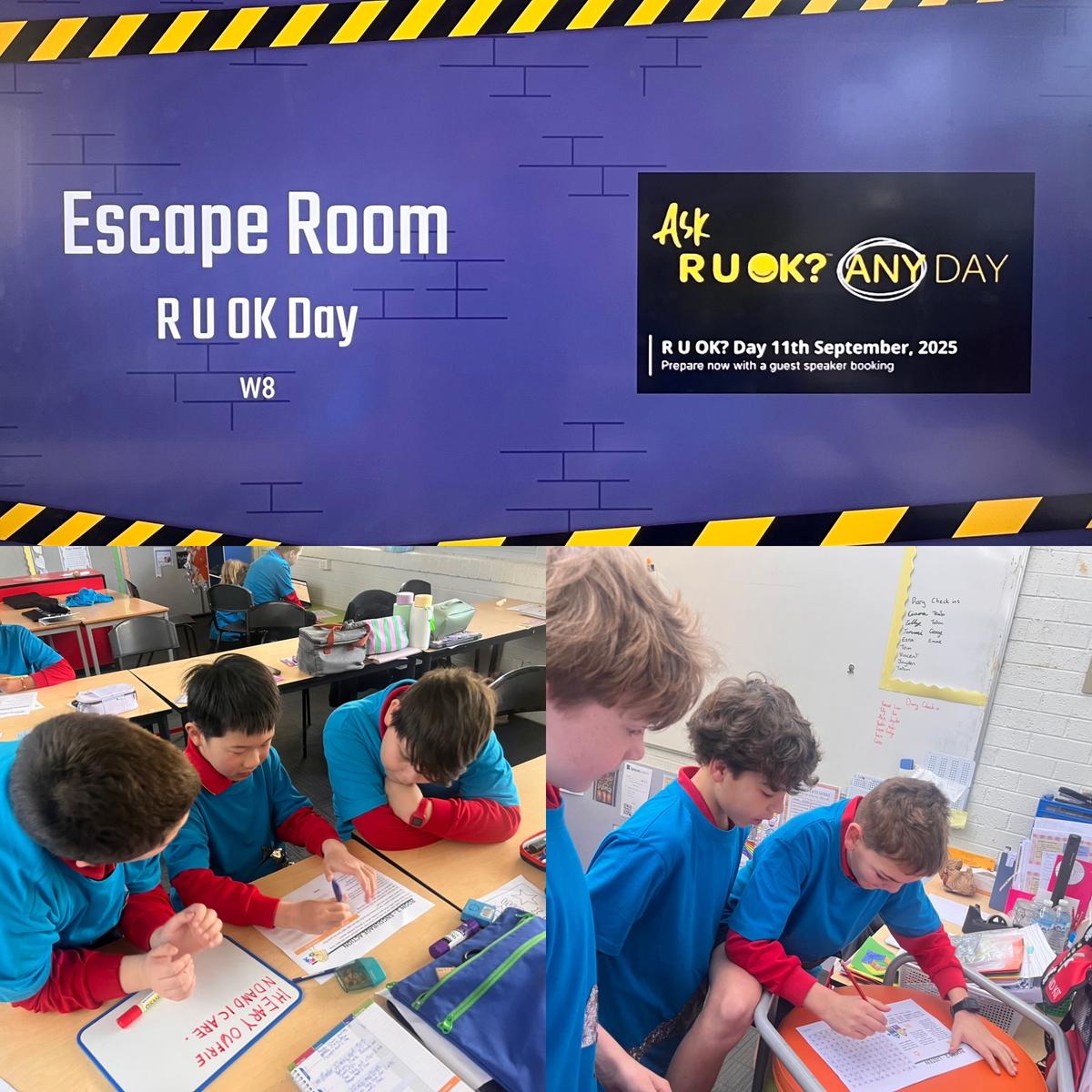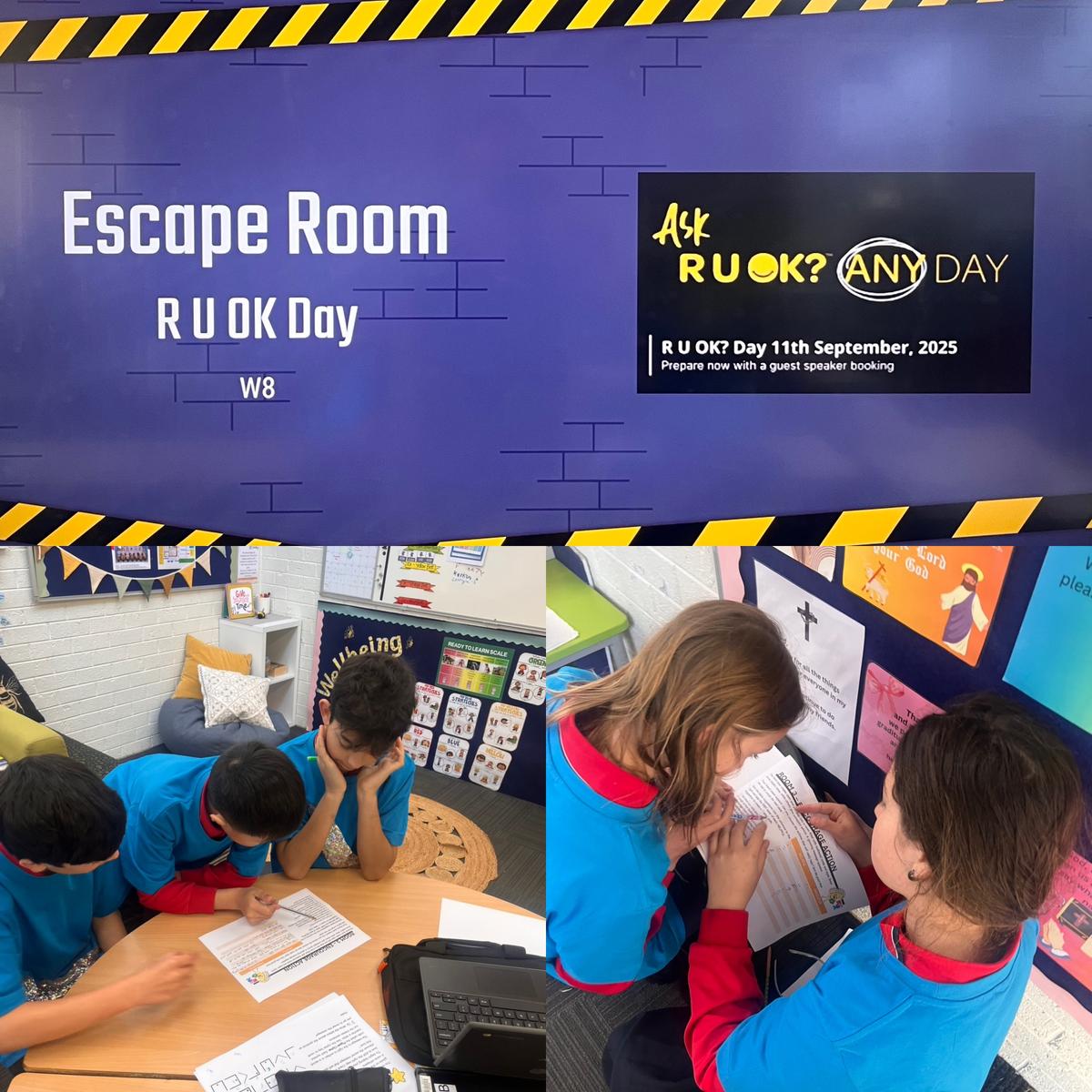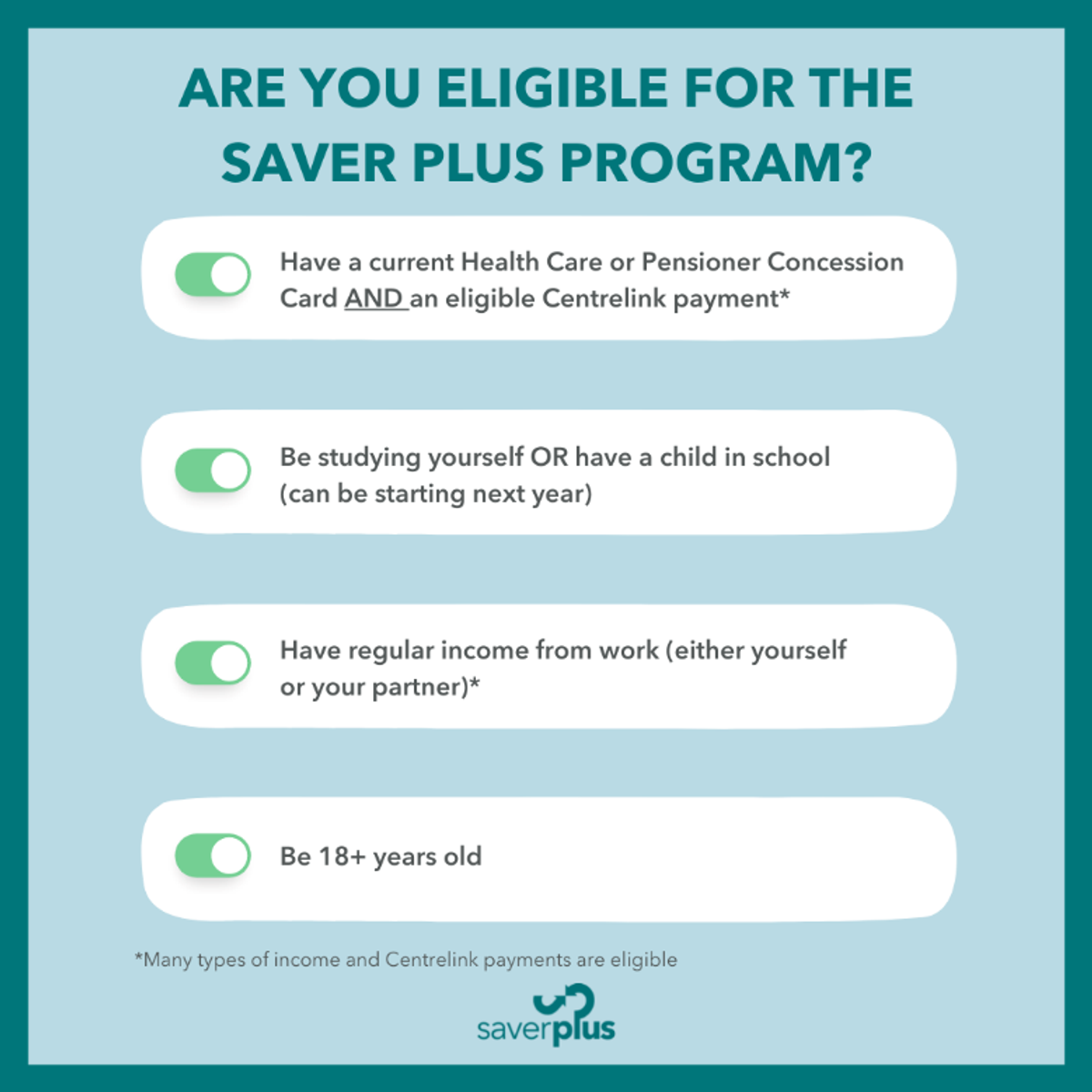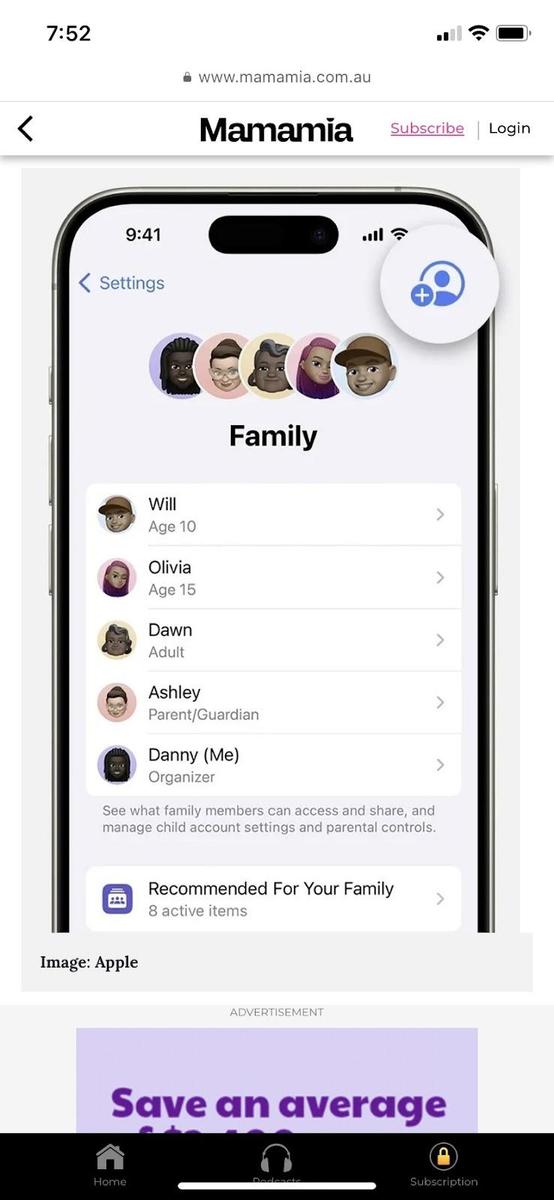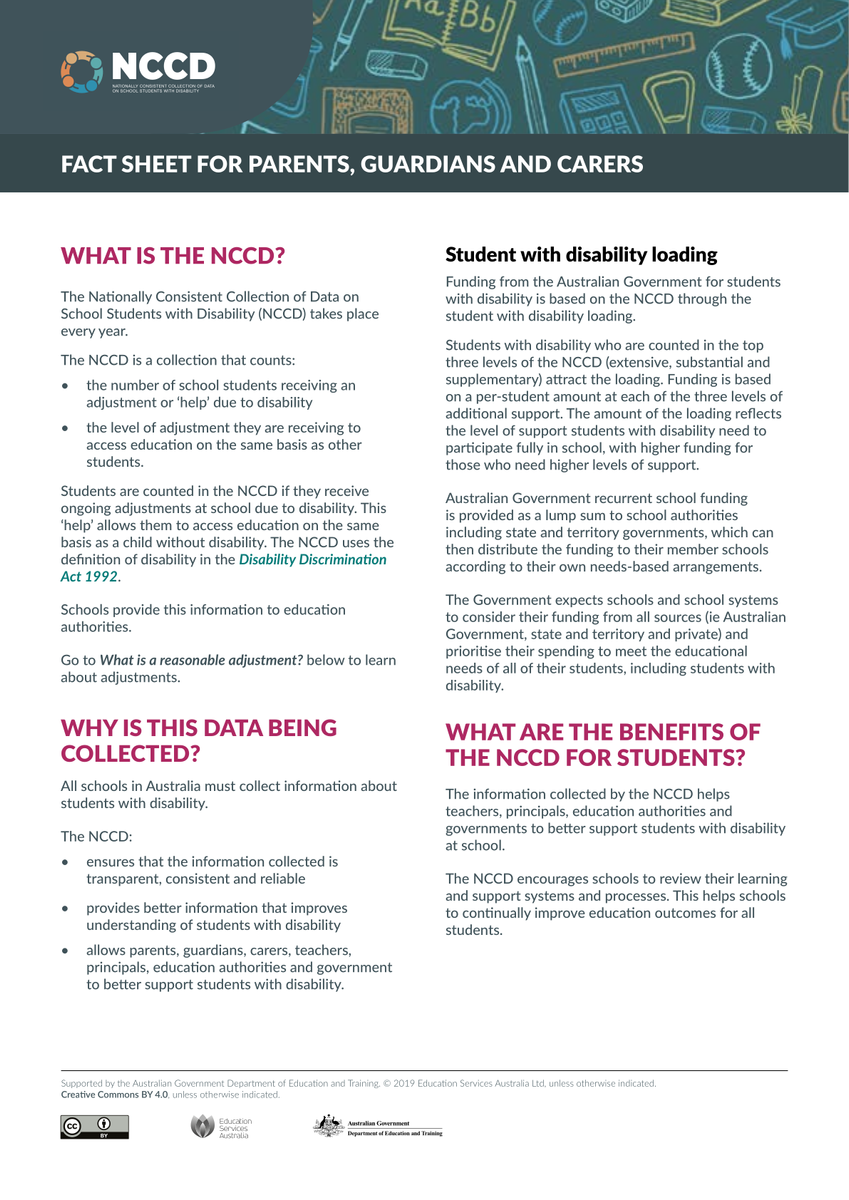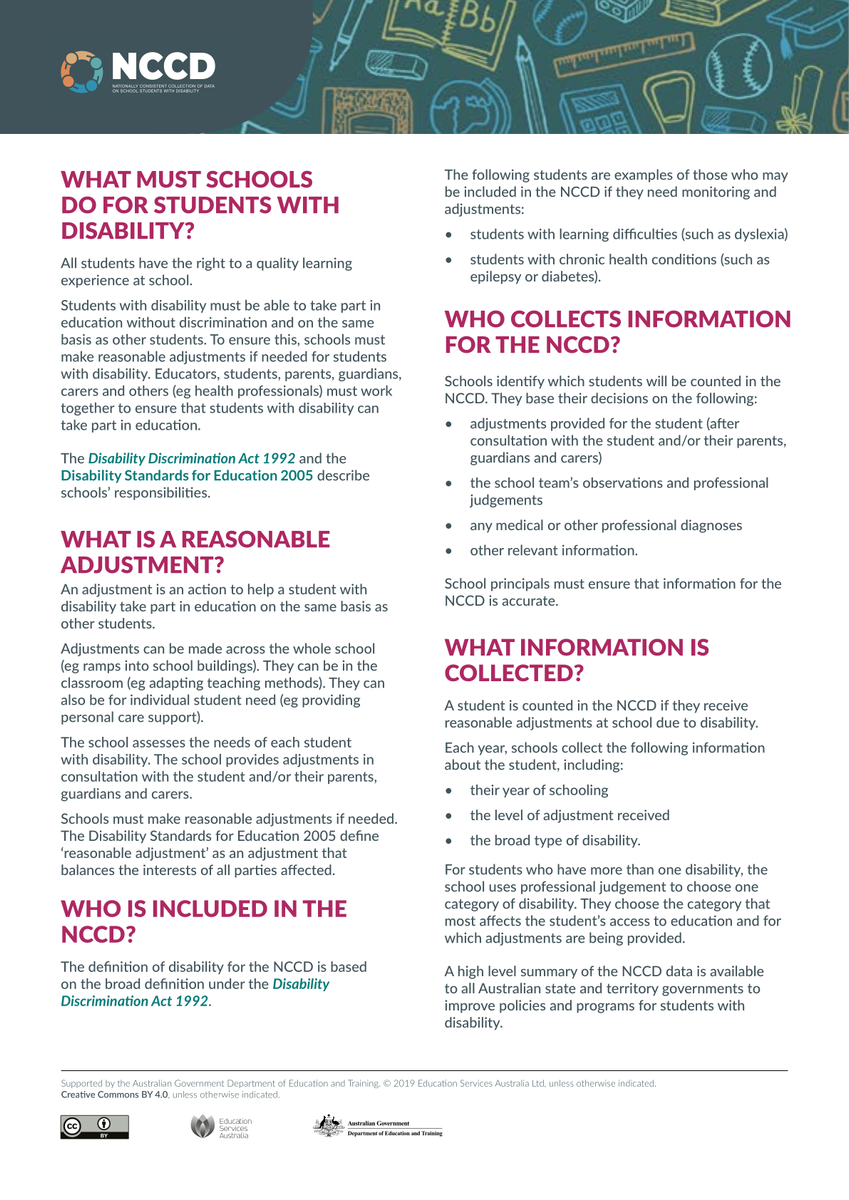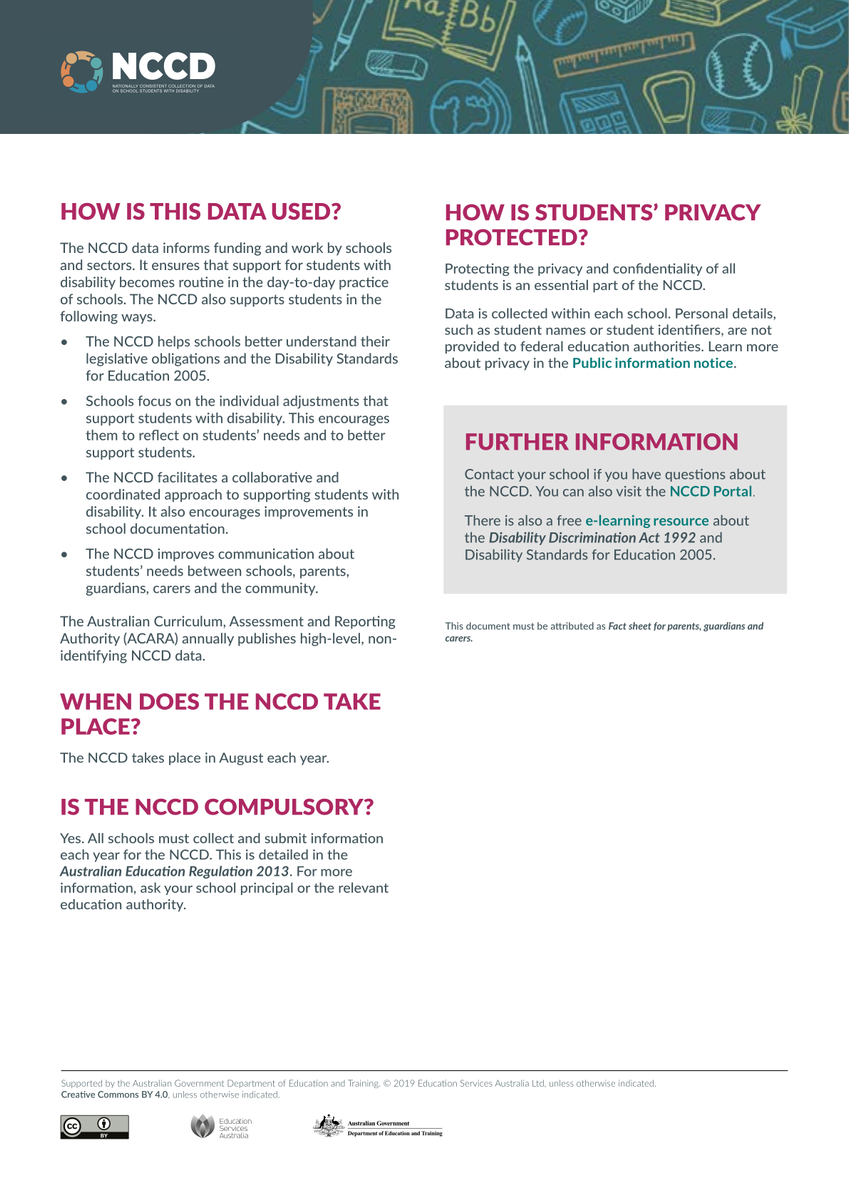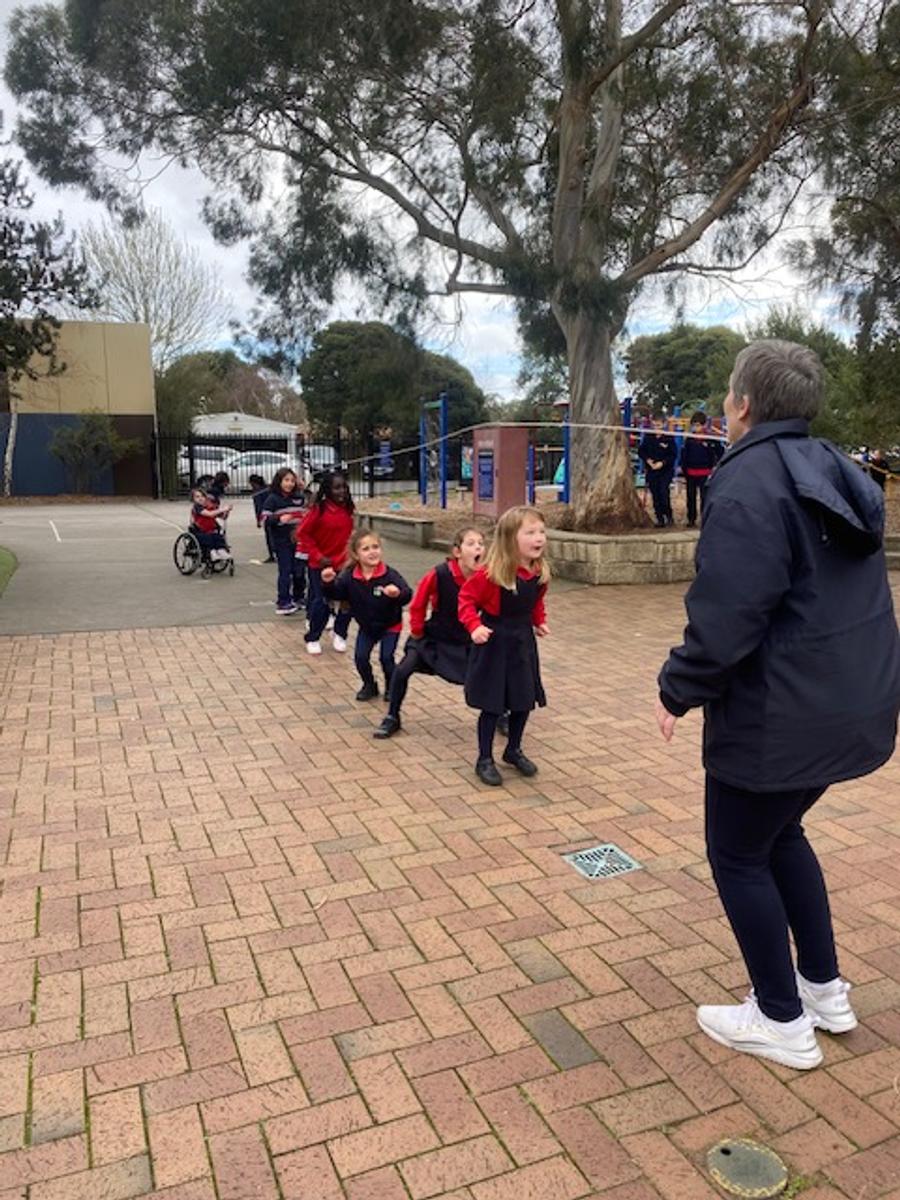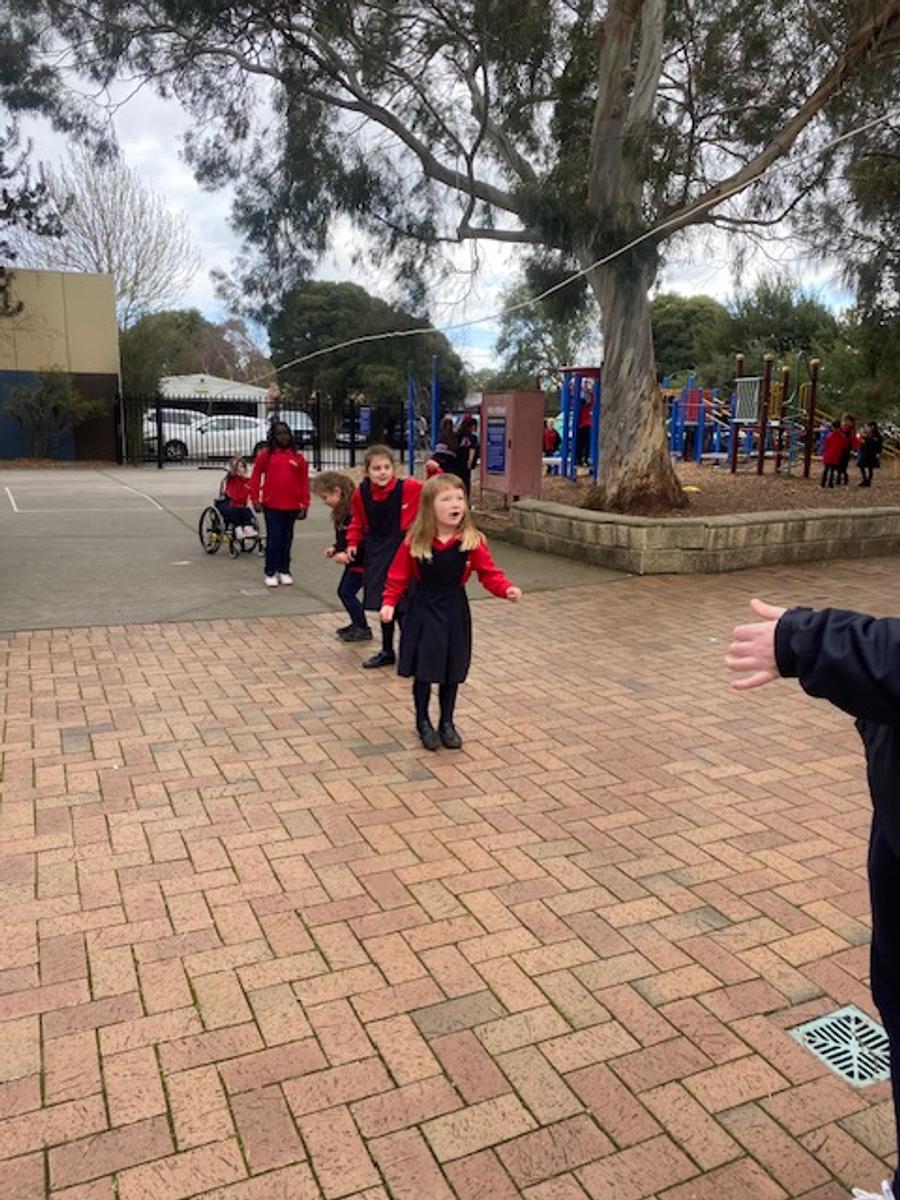Wellbeing & Partnerships

You may have read the Operoo which was sent out a little while ago about our upcoming Body Education sessions. Kelly Nash is an experienced educator who has been promoting health education for a number of years. We have had the privilege of working with Kelly in previous years and the reviews from families has always been great.
Please see the attachment below which provides a brief synopsis of what will be covered in the sessions. If you have any questions, please email Mrs Ramsamy - eramsamy@safranksth.catholic.edu.au
Lunch Clubs Round-Up – Term 3
As Term 3 wraps up, we’ve loved seeing so many students getting involved in our lunch clubs. The Dance Party continues to be a firm favourite – there’s nothing like a good boogie to break up the school day!
On those cold and windy days, the Loombands, Colouring Club, and Knitting have been the go-to spots for some calm, cosy fun. Meanwhile, Chess Club has taken off – we’ve hit a record high in participation this fortnight, with some very impressive strategic moves being made!
We’re already looking ahead to Term 4, with a few exciting new outdoor clubs on the way as the weather warms up. Stay tuned!
Lego Masters
Meanwhile, in Lego Masters Club, Miss N and her crew have been busy at work. It’s been all about imagination and engineering! This week’s themes – Mini Figure Madness and Let’s Build a City – saw students diving into creative builds, designing everything from skyscrapers to secret hideouts.
Happy Families
This fortnight, we've come across two insightful articles from Happy Families that are well worth a read.
Article 1: Little Niggles Can Lead to Big Dramas – Why Parents Should Act Early
As parents, we often brush off little things—grumpy mornings, skipped meals, short tempers, or a sudden disinterest in school—as “just a phase.” But sometimes, these little niggles are more than just passing moods. They’re warning signs.
When these behaviours start forming a pattern, it’s time to pause and take a closer look.
Patterns Matter - One missed homework assignment? No big deal. A week of missing assignments, avoiding eye contact, and complaining about stomach aches every morning? That’s a pattern. Whether it’s emotional, behavioural, or social, recurring signs often mean your child is struggling with something deeper.
These small, persistent signs are often how anxiety, bullying, learning difficulties, or emotional distress show up in children. And the earlier we notice, the better we can support them.
Early Action Makes a Difference - Just like physical health, mental and emotional wellbeing benefit most from early intervention. Acting early doesn’t mean rushing into diagnoses or assuming the worst—it means staying curious, connected, and responsive.
Talk to your child with openness and without judgement. Keep the communication lines wide open. If concerns remain, reach out.
Where to go for help? You don’t need to navigate this alone. Here are some places to start:
- Your child’s teacher – they see your child in a different context and can provide valuable insight.
- School counsellor or wellbeing staff – trained to support and assess emotional or behavioural concerns.
- GP or paediatrician – can help rule out medical issues and refer you to specialists if needed.
- Professional counselling services – many are now accessible online and cater specifically to children and teens.
The takeaway? Don’t wait for a full-blown crisis to act. Trust your instincts. If something feels “off” and it keeps happening, don’t ignore the niggle. Addressing things early often prevents bigger challenges down the line—and helps your child feel seen, heard, and supported.
The takeaway? Don’t wait for a full-blown crisis to act. Trust your instincts. If something feels “off” and it keeps happening, don’t ignore the niggle. Addressing things early often prevents bigger challenges down the line—and helps your child feel seen, heard, and supported.
Article 2: AI Is Designed to Prey on Your Kids for Profit
It sounds dramatic—but it’s true. Artificial Intelligence (AI) is now deeply embedded in the games, apps, and platforms our children use daily. And much of it is designed not with your child’s wellbeing in mind—but with profit.
From addictive scrolling to personalised ads, AI algorithms are built to hold your child’s attention for as long as possible. Why? Because more time on screen means more data, more ads, and more money for companies.
Why do we need to be vigilant? Kids and teens don’t have the same capacity as adults to recognise when they’re being manipulated. AI is incredibly good at learning their habits, predicting their behaviour, and nudging them toward certain actions—whether that’s watching another video, making an in-game purchase, or clicking an ad.
And while your child may think they’re just playing a fun game or chatting with friends, there’s often a sophisticated system behind the scenes, watching, learning, and guiding their choices.
What You Can Do - Here’s how to stay one step ahead and help protect your child:
- Have ongoing conversations about how social media and apps work, including how companies make money.
- Set digital boundaries—not just time limits, but also device-free zones and screen-free times.
- Use parental controls where appropriate, but don’t rely on them alone. Education is more powerful than restriction.
- Be aware of in-app purchases and “freemium” models. Many games seem free but are designed to encourage spending.
- Model mindful tech use. Kids learn more from what we do than what we say.
Remember: AI isn’t inherently bad. It can enhance learning, creativity, and connection. But when it's driven by profit, not purpose, it can become harmful—especially for children.
The more we understand about how these systems work, the better equipped we are to help our kids navigate the digital world with confidence and clarity. Stay curious. Stay informed. And keep the conversation going.
If you would like to provide some feedback please email your thoughts to: admin@safranksth.catholic.edu.au
Insight Articles
Please remember, Insights are released once a week during the term and we will include them in the school newsletter. The membership also allows parents and staff to access all of the previous 300+ Insights articles. To do so at any time, use the below URL and password.
https://schools.happyfamilies.com.au/login/augustine
PASSWORD: happystaps
Last Thursday was R U OK? Day, a special day to remind everyone to check in with their friends, family, and classmates by asking, "Are you OK?"
At school, we’ll be talking about how important it is to be kind, to listen, and to look out for one another. It’s okay not to feel okay – and it’s always okay to ask for help.
We encourage families to talk about R U OK? Day at home too. A simple conversation can make a big difference.
Our Year 5 students participated in an R U OK? Day 2025 Escape Room. Students worked in small groups to crack the codes and learn about the 4 steps to checking in on friends and families. 1. Ask R U OK? 2. Listen 3. Encourage
We would love to have you join us at St A's - would you like to help out?
As the school year begins, it's a great time to find out how you can become an active member of our vibrant community at St Augustine's. We always appreciate an extra pair of hands to help across the school for a variety of reasons. This term we will have Cooking & Gardening sessions, a number of sporting events and excursions planned. It would be great if you are able to get involved and take part. If you are keen to join in, please make sure you have a current Working With Children Check.
Savers Plus
About Saver Plus:
Saver Plus is a free community program where participants can get up to $500 in matched funding for education costs.
There are three parts to the program:
- SAVING – ANZ bank will match what participants save up to $50 a month to a total of $500 over 10 months
- WORKSHOPS - fun workshops where participants build on their money management skills and we share practical resources. These are held on Zoom and have never been more flexible to attend.
- CLAIMING - In the 11th month of the program participants claim their matched funding.
Eligibility:
Participants MUST:
1. Be 18+ years old and doing the program for the first time
2. Have Health Care Card or Pensioner Concession Card
3. Have a Centrelink payment
4. Be studying themselves or have a child that is studying
5. Have some money from work – includes cash in hand work, child support payments, partner’s work and carer payments.
Online Safety Hacks (for Apple devices)
Over the next few newsletters, we will be sharing some practical hacks to keep children safe while using Apple Devices
Before getting started
Before diving into these hacks, you’ll need to set up a separate Apple Account for your child. This prevents them from accessing your personal data while giving them their own safe space to explore.
Then you can easily set age-based parental controls, and they can use Family Sharing.
- On your iPhone or iPad
- Go to Settings > Family
- Tap the Add Member button
- Tap Create Child Account, then tap Continue.
EXPERT TIP: Never share the ‘Screen Time’ password with your child; this will null and void the safety features as they will be able to override them. This is a parent or carer, ‘family circle only’ level of trust.
TIP 2: Ask to Buy: Your digital wallet guardian
This setting is to ensure that you are never caught off guard by app or in-app purchases. Plus, it helps to ensure all app purchases (even free ones) or anything else that can be purchased through the Apple Store are appropriate for your child.
The ‘Ask to Buy’ feature will send you a request that requires your approval every time your child tries to make a purchase. This means no more unexpected bills, and you can ensure the purchases are age-appropriate.
How to activate the Ask To Buy function:
- Open the Settings app
- Tap Family in iOS 16 or above
- In iOS 16 or above, tap your family member’s name, then tap Ask to Buy
- In iOS 15 or earlier, tap Ask to Buy, then tap your family member’s name
Article sourced from Mama Mia and originally published on 14/4/25
NCCD Information & Application


